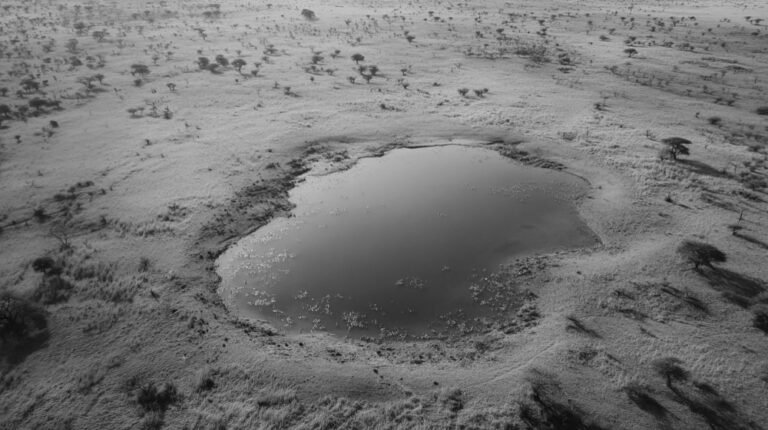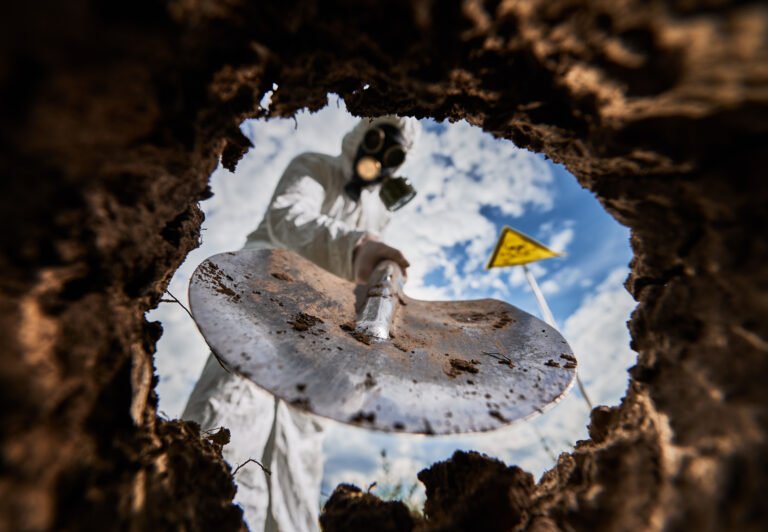The Future of Lunar Real Estate: Who Really Owns the Moon?
For centuries, the Moon has inspired poets, scientists, and dreamers alike. But in the 21st century, it’s no longer just a glowing celestial body—it’s becoming the next frontier for business, exploration, and even real estate. The idea of lunar real estate may sound like science fiction, but today private companies, governments, and even individuals are making claims to pieces of the Moon. This raises a critical question: Who really owns the Moon, and what does the future of lunar real estate look like?

Table of Contents
As we stand on the brink of a new space age, fueled by missions from NASA, SpaceX, China, India, and other space agencies, lunar land is increasingly being viewed as an asset. From scientific research bases to luxury lunar resorts, the Moon is quickly evolving into a place of potential ownership disputes and opportunities. In this article, we’ll explore the laws, challenges, opportunities, and future scenarios of lunar real estate, and try to uncover what it really means to “own” a piece of the Moon.
1. The Concept of Lunar Real Estate
Lunar real estate refers to the theoretical ownership or sale of land on the Moon. While Earth-based companies and individuals have already started selling “moon plots” to the public, the legal legitimacy of such ownership is questionable. Still, the idea fascinates millions, especially with private space travel becoming a reality.
- Why it matters: The Moon has limited land and unique resources (like Helium-3, water ice, and rare metals).
- Current trend: Commercial websites sell “moon property” certificates for as little as $30.
- Reality check: No recognized international law currently allows private individuals to own extraterrestrial land.
2. Who Owns the Moon Today? (The Legal Framework)
The most important legal instrument is the Outer Space Treaty of 1967, signed by more than 100 countries, including major space powers.
- Key points of the treaty:
- No nation can claim sovereignty over the Moon.
- The Moon and celestial bodies are the “province of all mankind.”
- Space exploration should benefit all humanity.
- No weapons of mass destruction are allowed in space.
In short: nobody owns the Moon—yet.
However, gaps in international law are creating debates: Can private corporations exploit lunar resources? Can land be leased or developed? These unanswered questions fuel the controversy over lunar real estate.
3. Private Companies Selling Moon Land
Despite legal restrictions, private companies have capitalized on public fascination by selling lunar real estate.
- The Lunar Embassy (USA): Founded by Dennis Hope in 1980, claims to have sold millions of acres of Moon land.
- Moon Estates (UK): Offers “plots” of Moon land starting at around $30–$40.
- Why people buy: Fun gifts, novelty ownership, and a sense of future investment.
⚠️ Reality: These deeds are symbolic and hold no legal recognition by any government or space authority.
4. Why Lunar Real Estate is Valuable
If you’re wondering why people even care about the Moon, here are the key reasons:
- Scarcity of land: There’s only one Moon, and specific areas (like the poles with water ice) are extremely valuable.
- Helium-3 deposits: Used for potential nuclear fusion energy.
- Water ice reserves: Essential for life support and fuel production.
- Tourism potential: Imagine lunar hotels, observatories, and adventure sports.
- Scientific importance: Bases for deep-space missions to Mars and beyond.
5. Future Uses of Lunar Real Estate
The future of lunar real estate is not just about novelty deeds—it’s about building a permanent human presence on the Moon. Possible uses include:
- Scientific Research Bases – Similar to Antarctica’s stations.
- Tourism Resorts – Luxury space travel experiences for billionaires.
- Mining Colonies – Extracting helium-3, rare metals, and water.
- Military Outposts – Though banned, some fear nations may attempt this.
- Spaceports – Launch stations for interplanetary travel.
6. Challenges in Lunar Real Estate
Before humanity can truly build on the Moon, several challenges must be overcome:
- Legal challenges: No clear ownership framework.
- Technological challenges: Building habitats in low gravity, with extreme temperature swings.
- Economic challenges: Astronomical cost of transporting materials.
- Ethical concerns: Who decides what belongs to humanity?
- Environmental concerns: Lunar dust and ecosystem disruption.
7. Who Might Control Lunar Real Estate in the Future?
While no one owns the Moon today, future scenarios may look very different:
- National Governments – Expanding sovereignty claims despite treaties.
- Private Corporations – SpaceX, Blue Origin, and Chinese companies establishing bases.
- International Coalitions – A “United Nations of the Moon” regulating resources.
- Rich Individuals – Billionaires like Elon Musk or Jeff Bezos funding lunar colonies.
📌 Interesting scenario: The U.S. Artemis Accords (2020) suggest that countries partnering with NASA could set “safety zones” around lunar bases—effectively claiming land without calling it ownership.
8. Investment Opportunities in Lunar Real Estate
Even though legal ownership is disputed, opportunities exist in:
- Space tourism companies – Virgin Galactic, SpaceX, Blue Origin.
- Mining companies – Future lunar resource extraction.
- Technology companies – Building habitats, space construction.
- Earth-based lunar real estate sellers – Novelty business models.
Related Info Table
| Opportunity | Potential Value | Current Stage | Example Players |
|---|---|---|---|
| Lunar Tourism | Billions | Early | SpaceX, Blue Origin |
| Lunar Mining | Trillions | Very Early | China, NASA, startups |
| Novelty Land Sales | Millions | Established | Lunar Embassy, Moon Estates |
| Habitats & Infrastructure | Billions | Conceptual | Bigelow Aerospace, NASA |
9. Tips & Tricks for Aspiring Lunar Investors
- Do your research: Don’t fall for scam deeds—currently, ownership is symbolic.
- Follow space treaties: Stay updated on evolving laws like Artemis Accords.
- Think long-term: Real lunar investment is decades away.
- Diversify investment: Focus on space stocks, ETFs, and startups.
- Stay informed: Track NASA, SpaceX, ISRO, and CNSA missions.
10. The Entertainment Side of Owning Lunar Land
For many, buying “Moon property” is about fun and imagination. People buy lunar plots as:
- Unique wedding gifts (“I bought you a piece of the Moon”).
- Novelty certificates to frame at home.
- Corporate gifts symbolizing innovation and boldness.
Even though the ownership isn’t legal, the entertainment and symbolic value remain high.
FAQs
1. Can I really buy land on the Moon?
No, legally no one can own lunar land under the Outer Space Treaty. Private sales are novelty items.
2. Who owns the Moon right now?
No one. The Moon belongs to all humanity under international law.
3. Can companies mine resources on the Moon?
The laws are unclear, but nations and companies are pushing for future mining rights.
4. Will there be lunar cities in our lifetime?
Possibly—NASA and SpaceX plan lunar bases by the 2030s.
5. What makes lunar real estate valuable?
Scarcity, unique resources (Helium-3, water ice), and tourism potential.
6. What are the risks of investing in lunar real estate?
Legal uncertainty, high costs, and potential international disputes.
Conclusion
The future of lunar real estate is both exciting and uncertain. While the idea of owning a plot of Moon land today is mostly symbolic, the growing interest of nations and corporations in lunar exploration suggests that real ownership and development could become reality in the near future. Whether it’s mining helium-3, building lunar resorts, or setting up spaceports for Mars missions, the Moon will play a critical role in humanity’s expansion beyond Earth.






